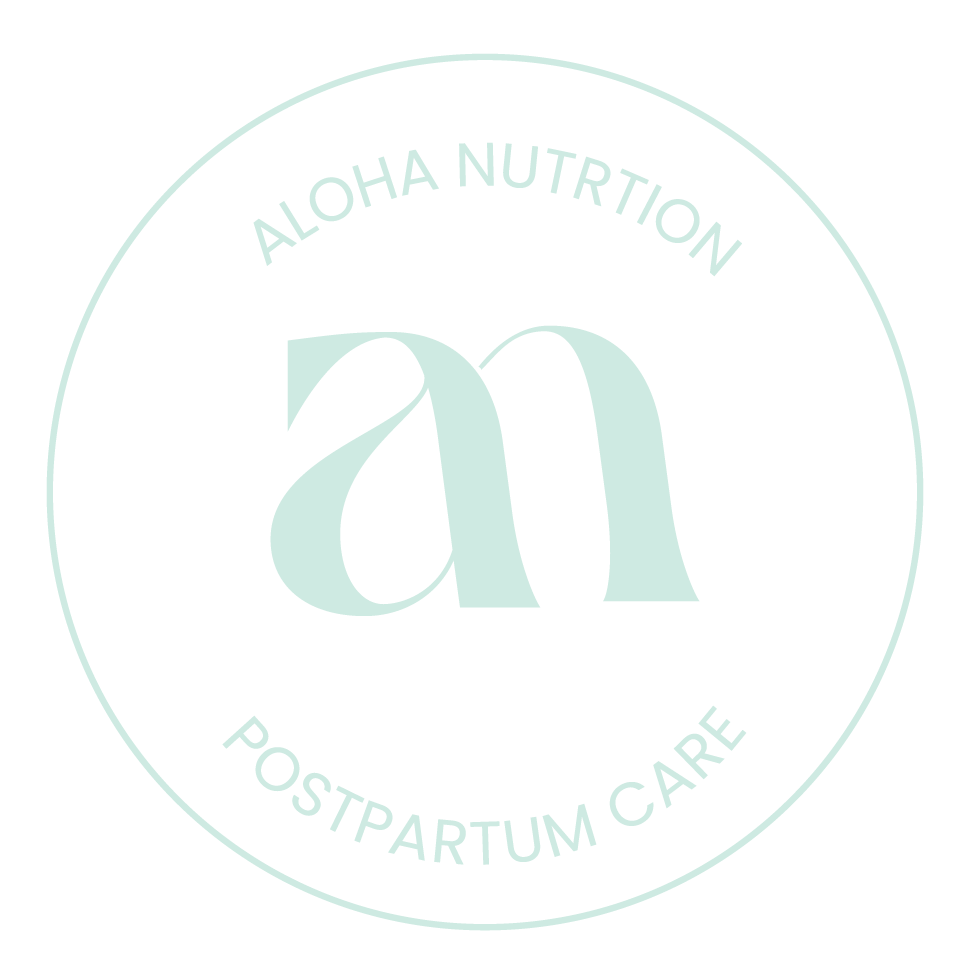One common but often overlooked struggle during pregnancy and postpartum is brain fog—a frustrating feeling of mental cloudiness, forgetfulness, and lack of focus. Many people often wonder what helps with brain fog and why it occurs in the first place. Fortunately, there are effective, science-backed strategies to improve brain fog by focusing on nutrition, gut health, and lifestyle adjustments.
At Aloha Nutrition, we’ve seen firsthand how small, consistent steps toward better nutrition and balanced minerals can restore mental clarity. Take my client, K, as an example. She came to us with extreme brain fog and gut health issues, feeling overwhelmed and unsure if anything could truly help. After four months of working together to address her gut health, she shared she no longer had anxiety or brain fog. She said, “I’ve needed this program for years but was too nervous, thinking I was the problem. I was very wrong, and I’m feeling so much better!” This is the kind of transformation that can happen when we target the root causes of brain fog.

Let’s dive into the five key areas that can help lift brain fog during pregnancy and postpartum.
1. Focus on Gut Health: The Gut-Brain Connection
The gut and brain have a deep, bi-directional relationship known as the gut-brain axis. This means that your gut health directly impacts your mental clarity and mood. When our client K joined us, her brain fog and anxiety were linked to poor gut health. After conducting a stool test, we found she had low levels of beneficial bacteria and high levels of opportunistic (harmful) bacteria. These imbalances were not only causing her digestive issues but also impacting her mental well-being.
By removing the “weeds” (bad bacteria) and supporting her gut health through targeted probiotic and dietary recommendations, K’s digestion improved, allowing her to absorb the nutrients essential for brain function. Many people overlook gut health in relation to brain fog, but by addressing this connection, we can see substantial improvements in mental clarity and mood.

2. Prioritize Protein Intake for Stable Energy Levels
Protein is a foundational nutrient for energy, stable blood sugar, and neurotransmitter production, all of which are essential for mental clarity. Aim to include high-quality protein sources, like lean meats, eggs, beans, or Greek yogurt, at each meal to keep energy levels steady and prevent the dreaded energy crashes that contribute to brain fog. Protein intake also supports amino acid production, which is crucial for mental function and mood stability.
3. Check Mineral Levels to Ensure Optimal Brain Function
Minerals are the “spark plugs” of our cells, giving our bodies the energy to function optimally. A Hair Tissue Mineral Assessment Test can reveal imbalances in key minerals that affect brain health, such as magnesium, zinc, and copper. By bringing these minerals into balance, we can support mental clarity, energy levels, and overall well-being. In K’s case, balancing her minerals was a vital step to restoring her mental clarity.
Minerals help our bodies produce and use energy efficiently, and optimal mineral levels support cognitive function and reduce brain fog. If you’re curious about your mineral levels, download my free mineral guide, which explains the importance of minerals in our daily function.
4. Incorporate Electrolytes to Support Hydration and Brain Fog
Electrolytes—minerals like sodium, potassium, and magnesium—are crucial for staying hydrated and supporting proper nerve and brain function. During pregnancy and postpartum, you may need even more electrolytes than usual due to hormonal changes, increased blood volume, and breastfeeding demands. Many of our clients have found relief from brain fog by adding natural electrolyte sources, like coconut water or electrolyte powders without added sugars and artificial ingredients. When your cells are properly hydrated and supported by electrolytes, your brain works more efficiently, reducing that “foggy” feeling.
5. Get Moving and Soak Up Some Sunlight
Physical activity and exposure to sunlight both positively affect brain health. Gentle movement, such as walking or stretching, helps boost circulation, delivering oxygen and nutrients to your brain. Sunlight exposure also supports vitamin D synthesis, which is essential for brain health and immune function. Even just 10-15 minutes outdoors daily can make a noticeable difference in mood, energy, and clarity. Movement doesn’t have to be strenuous—a brief walk or some light stretching can be enough to energize your mind.
Final Thoughts
If you’re experiencing brain fog during pregnancy or postpartum, know that it’s possible to regain your mental clarity with the right support. Incorporating electrolytes, eating enough protein, getting daily movement and sunlight, and focusing on gut health and mineral balance can make a significant impact. Remember that brain fog is not just something you have to live with—when we address the root causes, we see real results.
For personalized support, consider reaching out to our team at Aloha Nutrition. We’re here to guide you through the process, just as we did with K, helping you get to the root cause of your symptoms so you can feel clear-minded, energized, and ready tackle the day!





